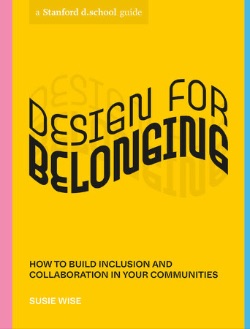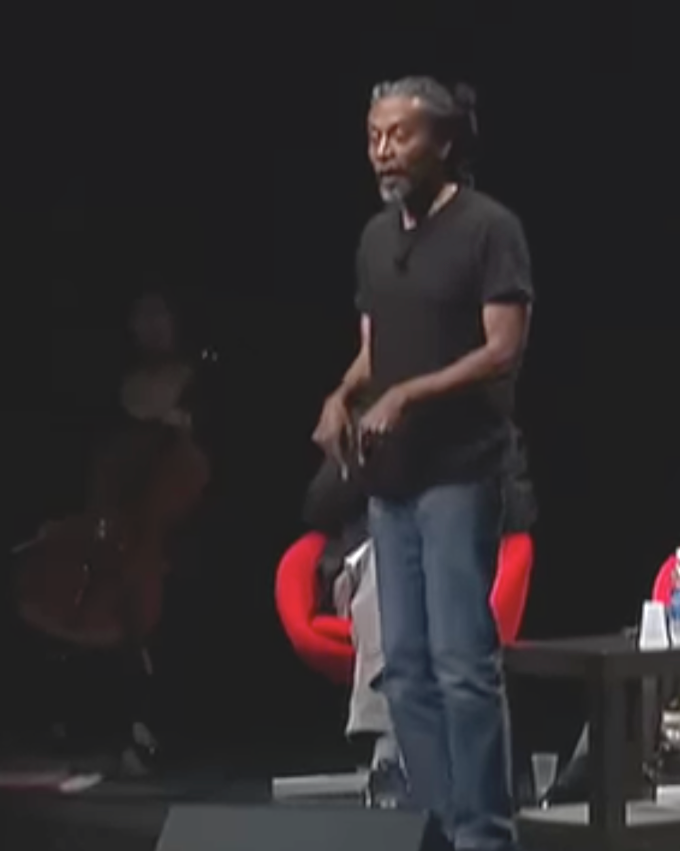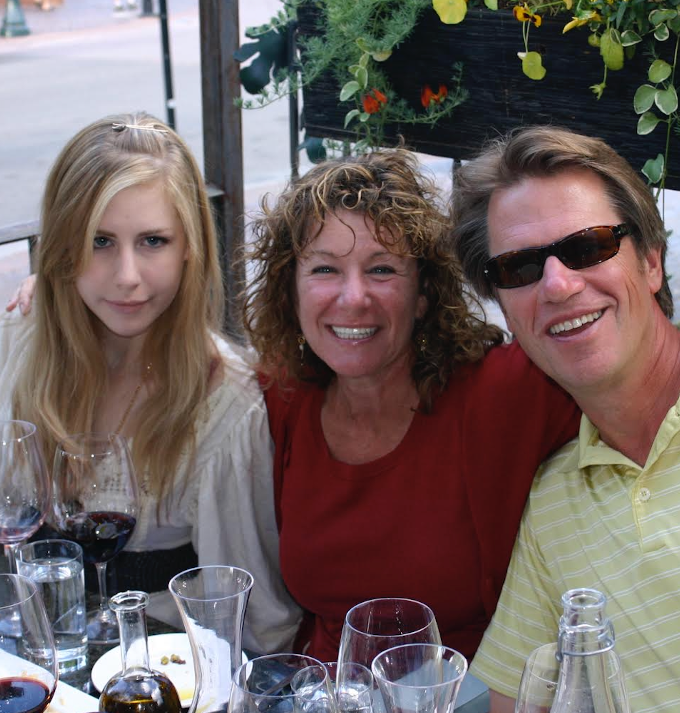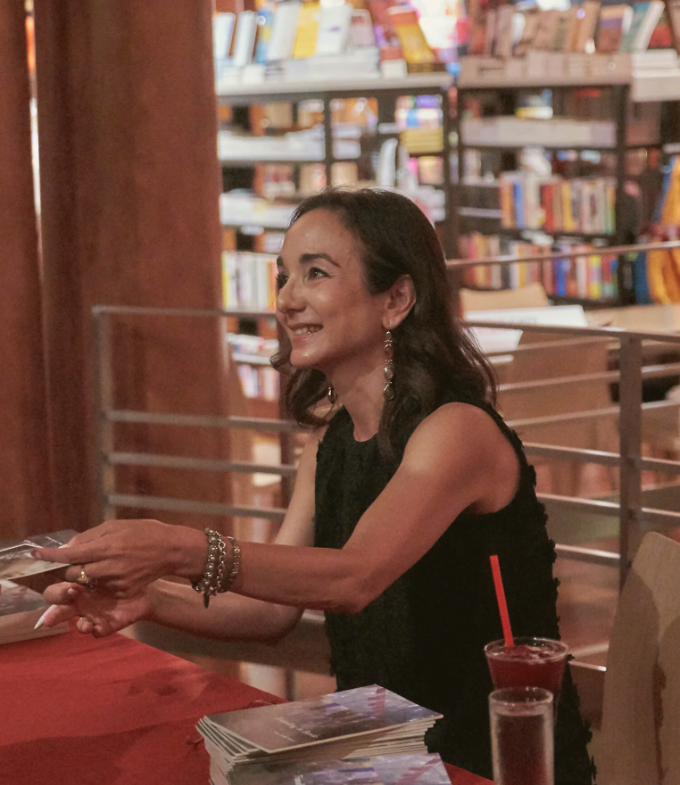March 14, 2025
Learning
Looking at the past can help to navigate the future.
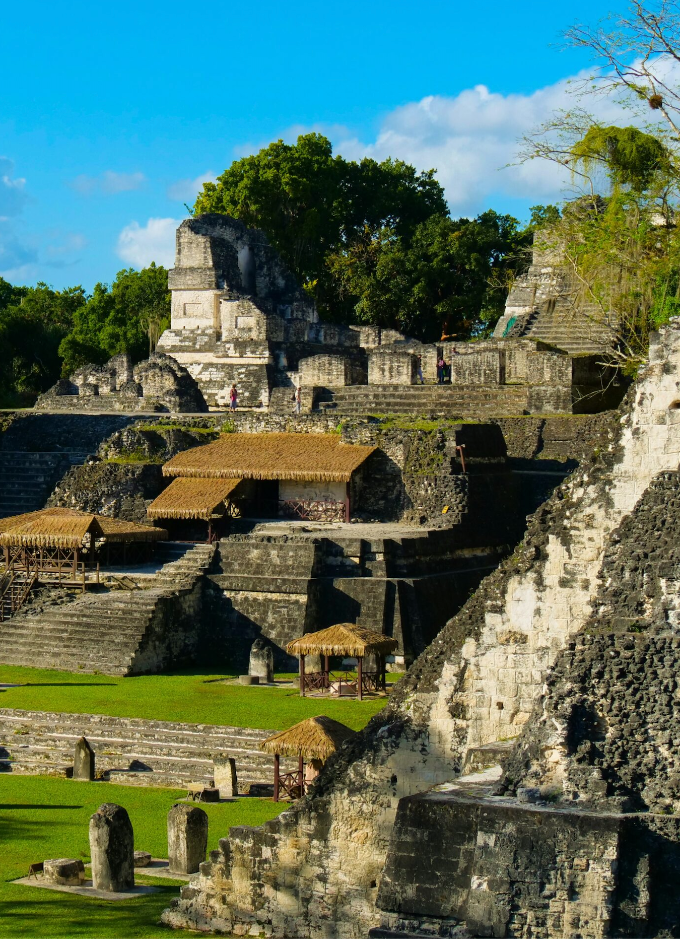
IHOPE members have been studying the Mayan city of Tikal for insights on urban sustainability
Carole Crumley is a pioneering scientist in the field of historical ecology, studying the long-term interactions between humans and their environment. Her interdisciplinary approach integrates insights from ecology, history, anthropology, and other fields to understand past environmental changes and their implications for the future.
She is the Director of the Integrated History and Future of People on Earth (IHOPE), a global research community focused on using historical insights to address present and future challenges. I first came across her work while researching heterarchy—alternative social structures that respond more flexibly to environmental constraints than traditional hierarchies. Her perspective, research, and the connections she weaves make for delightful rabbit-hole diving.
In this article she makes a compelling case that the first thing we should carry into the future is a guidebook "for the territory that has already been charted."
"Complex systems theory and the concept of heterarchy can reinvigorate the interpretation of social systems and shed new light on the relationship between environmental change and societal collapse."
"We encourage the search for good ideas from the past, treat them with the technology we have today, and use them in the future."
"This is a problem with research on tipping points. By focusing on a single event, all of the events and circumstances that collectively allowed that tipping point to happen are ignored. A complex systems approach contextualizes and makes visible the role of other variables."
INTERVIEW:Creating a Guidebook for the Future
RELATED ARTICLE: How Can the Study of Hierarchy/Heterarchy Influence the Future?
